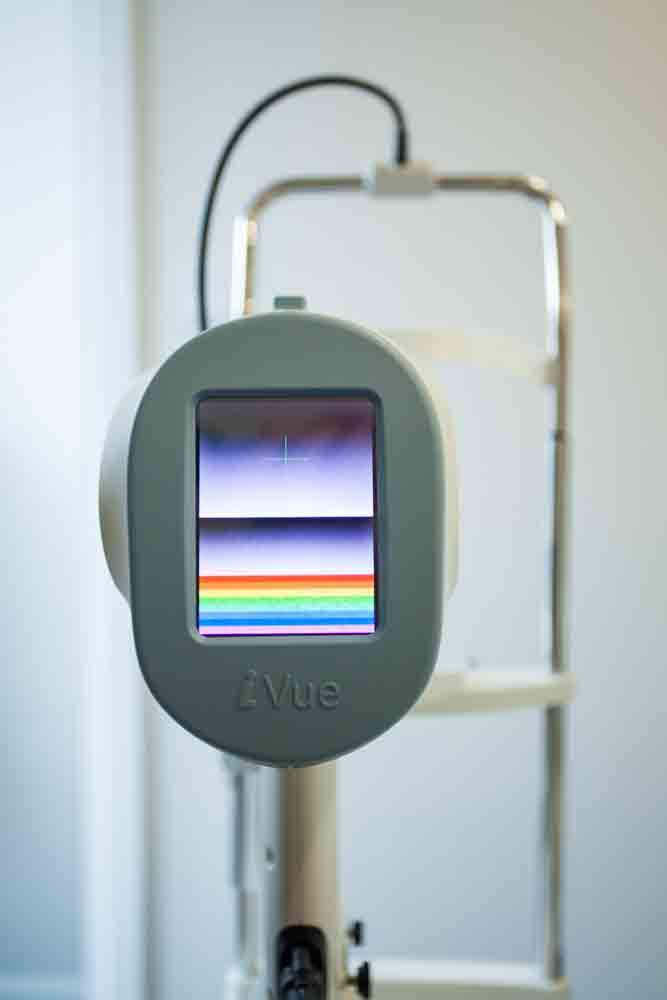Diabetic Retinopathy Examination
People with diabetes usually have a higher risk of developing eye problems, including cataracts, macular degeneration and retinal detachment. If retinopathy is not identified and treated, it can lead to sudden blindness. Diabetic retinopathy does not usually cause any noticeable symptoms until it has reached an advanced stage. During the initial stages, retinopathy does not cause any noticeable symptoms. You may not realize that your retina is damaged until at the later stages, when your vision becomes seriously affected.
Optometrists advise that people with diabetes should have a comprehensive dilated eye examination once a year. Screening is advised for every 6 months and 3 months for early and late stage diabetes respectively. In a dilated exam, drops are placed in your eyes to widen, or dilate, the pupil, enabling a more thorough examination of the retina and optic nerve for signs of damage.
After the examination, optometrists will help to classify the diabetic retinopathy in different stages and send report or refer to doctors for timely follow up for the diabetes status.
Our diabetic retinopathy examination includes:
- Review history in general and eye health
- Best visual acuity and refractive status
- Stereopsis & binocular vision
- Color vision screenin
- Intra-ocular pressure
- Anterior and posterior segment ocular health
- Digital fundus photography (including optic nerve and macula)
- Retina macula scanning (macula edema and bleeding)
- Optical Coherence Tomography, OCT ( when indicated )
- Diagnoses and treatment plan
Our Service
- Comprehensive Eye Examination
- Children Vision Exam and Training
- Orthokeratology Refractive Therapy
- Glaucoma Detailed Work-up
- Diabetic Retinopathy Examination
- Optical Coherence Tomography
- Corneal Topography
- Corneal Thickness Assessment
- Color Vision Testing
- Humphrey Visual Field Testing
- Contact lenses & Special contact lenses fitting
- Glasses and Sunglasses
